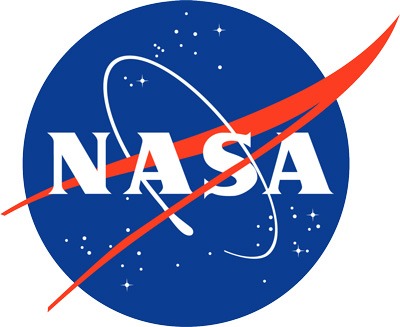
- Visit
- Our Miami Botanic Garden: Collections & Exhibits
- Allée and Overlook
- Aquatic Exhibits
- Arboretum and Geiger Tropical Flower Garden
- Arid and Succulent Collections
- Butterfly Garden Miami: The Clinton Family Conservatory
- Children’s Garden
- Cycad Collection
- Garden Club of America Amphitheater
- Gate House Museum
- Jewels of the Caribbean Exhibit
- Keys Coastal Habitat
- Liberty Hyde Bailey Palm Glade
- Lin Lougheed Spiny Forest of Madagascar
- Lisa D. Anness South Florida Butterfly Garden
- Montgomery Palmetum & Palm Collection
- Moos Sunken Garden
- Natural History Collection (Archives and Herbarium)
- Pine Rockland Exhibit
- Richard H. Simons Rainforest
- Sibley Victoria Pool
- The Fairchild Farm & Tropical Fruit Collection
- Tropical Plant Conservatory and Rare Plant House
- Organic Vegetable Garden
- Vine Pergola
- Whitman Tropical Fruit Pavilion
- Wings of the Tropics
- Family Fun
- Fairchild Hours & Admission
- Group Programs
- Garden Restaurant
- Garden Map
- Tours
- Our Miami Botanic Garden: Collections & Exhibits
- Science & Education
- Horticulture
- Events
- Support
- ABOUT
- FAQ
- Shop
- Get Tickets

